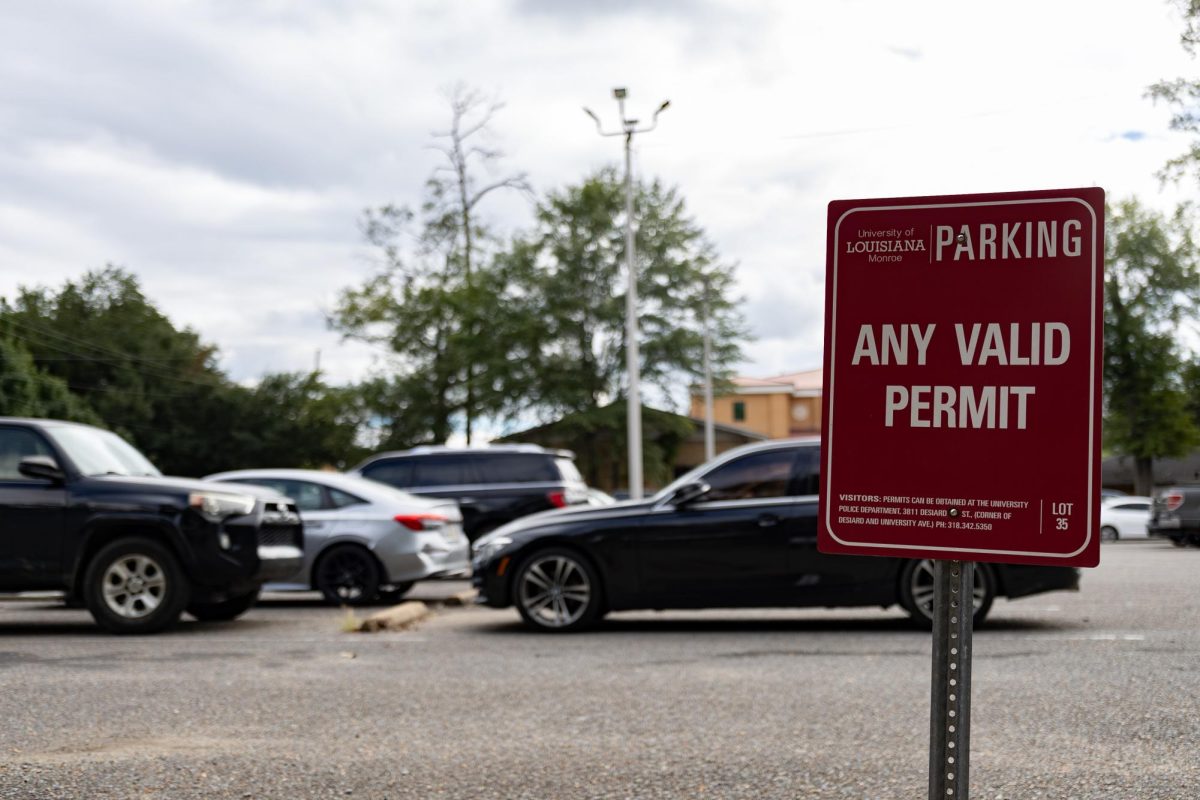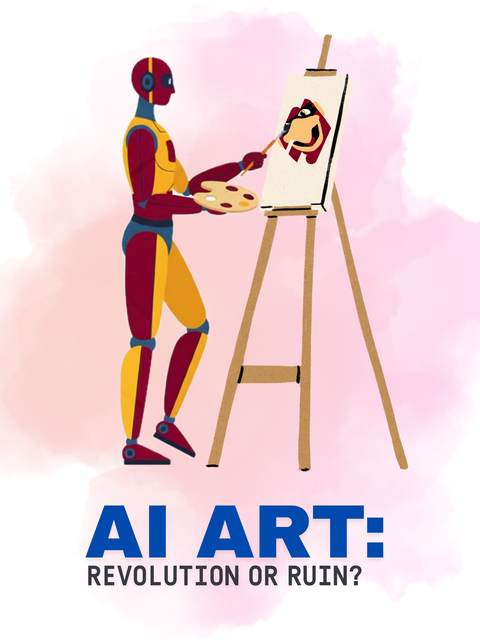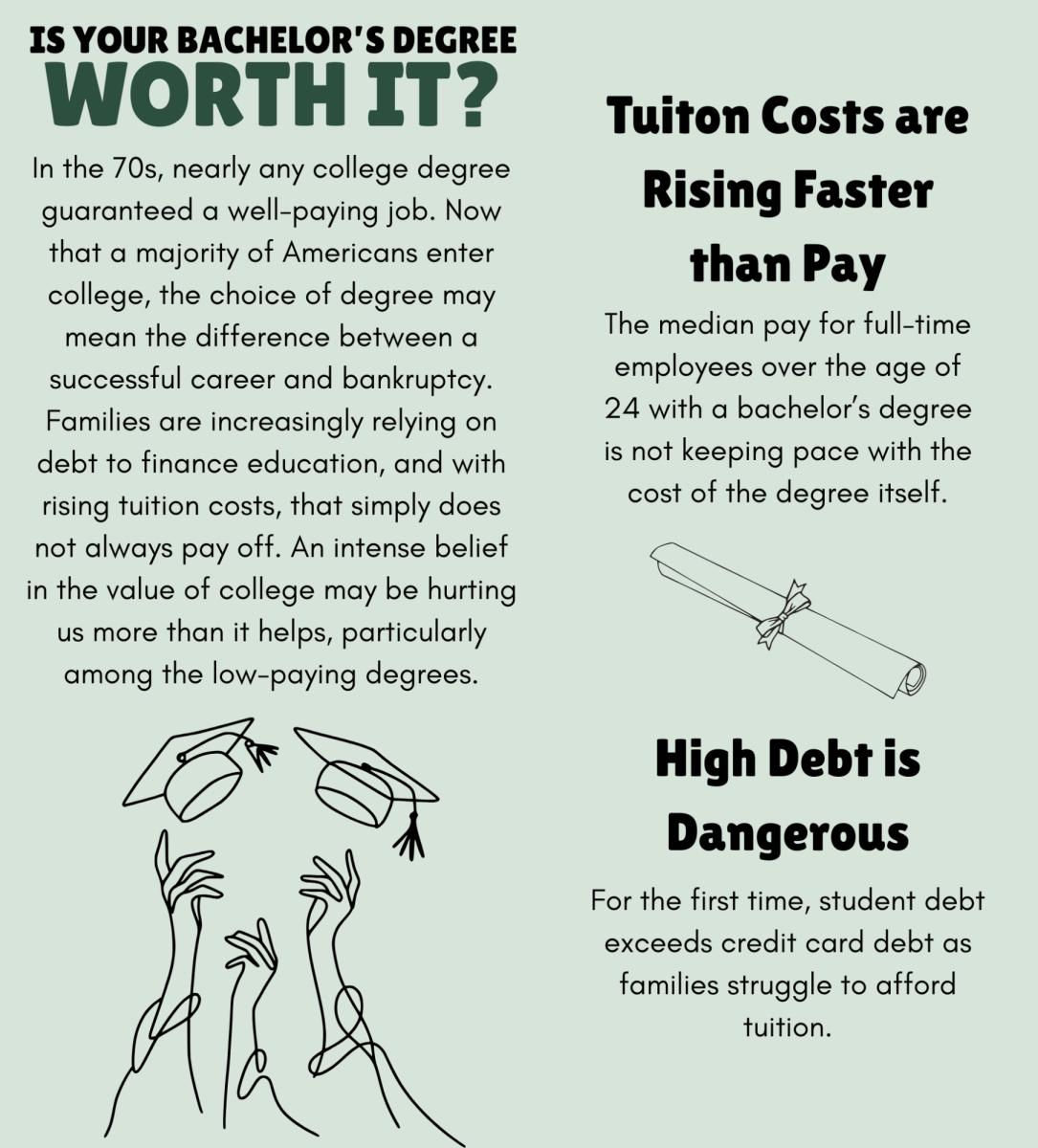“Free speech is good” is literally the least controversial statement I can make.
It is a principle that’s accepted by basically everyone on a conceptual level.
In fact, this week the American Library Association is celebrating Banned Books Week to celebrate our right to read what we haven’t always been allowed to and to draw attention to censorship that still happens today.
Because censorship does still happen today.
Yes, censorship is alive and well. New Zealand is currently banning a young adult novel, Iran is imprisoning a political cartoonist, Egypt has jailed journalists for merely reporting the news, and the American Library Association is able to put out an annual list of books that have routinely been challenged or removed from libraries.
It seems everyone and their 15th cousin supports free speech, and yet we also have a constant censorship problem. So how do we have such a situation.
It’s because, to be honest, free speech is complicated.
It’s very easy to say that you support “free speech”, but actually acting on it is something totally different. What does “Free Speech” even actually mean in real, concrete terms? What are the limits?
Where does your right to speak your mind end and another person’s right to feel safe and comfortable begin?
What kind of speech is rightfully protected, and what’s harmful? Is speech harmful at all?
None of these questions are exactly easy to answer, and each can have multiple answers. Just take a look at the ALA’s top 10 banned list for any year and you’ll see reasons including, but not in any way limited to, masturbation, sex education, nudity, violence, anti-family, political and religious viewpoint, drugs, gambling, offensive language, cultural insensitivity, deceptions of bullying, “unsuited for age group”, and my own personal favorite, “contains controversial issues”.
I bring all this up to say that, on some level, I get some of the reasons people try to restrict freedom of speech.
Words and ideas are powerful, hugely powerful even. They can change whole lives forever, and that’s not something to be taken lightly.
I understand that parents are concerned about what media their kids consume. That stuff can lay a whole moral groundwork for a person.
I understand why some people
want strong “hate speech” laws; because words can all too often inflict major harm, even to the point where some may end their own lives.
I understand why they want that, but widespread censorship isn’t the answer.
Especially when it comes to books. That is how we spread ideas.
I consider myself a very, very strong supporter of free speech and I truly believe that the right to free speech needs to be as absolute as possible.
So this Banned Books Week I encourage you to fight against censorship on the side of free expression.
Words and ideas, which are really what this week is all about, are perhaps the most powerful social force ever created. We need to protect them.




